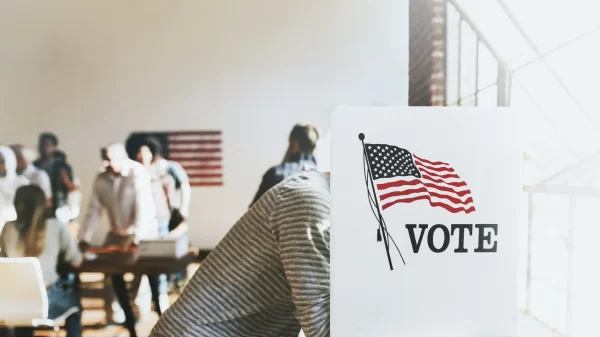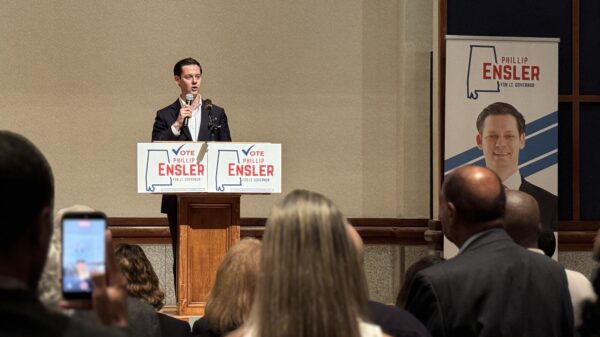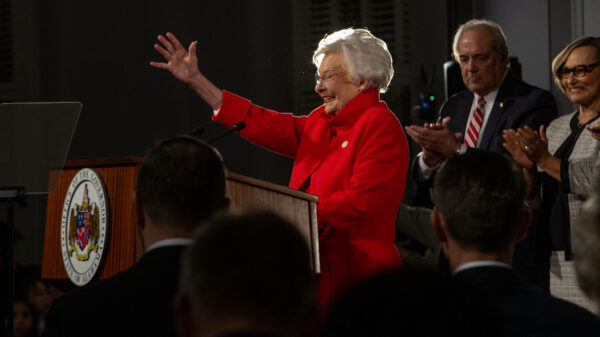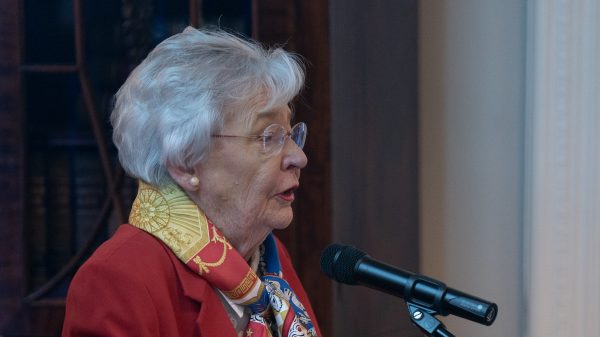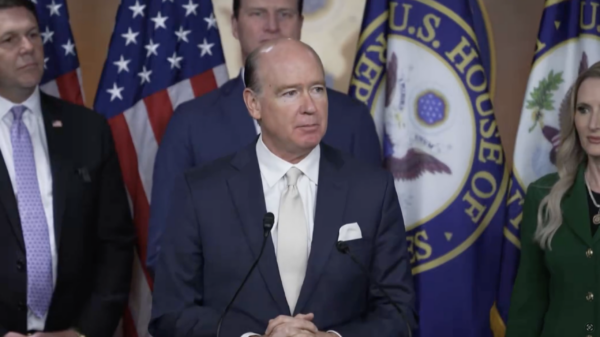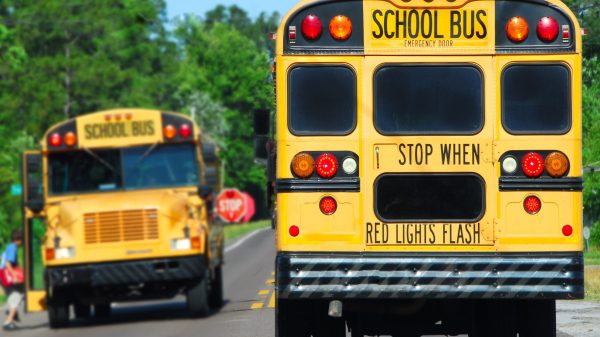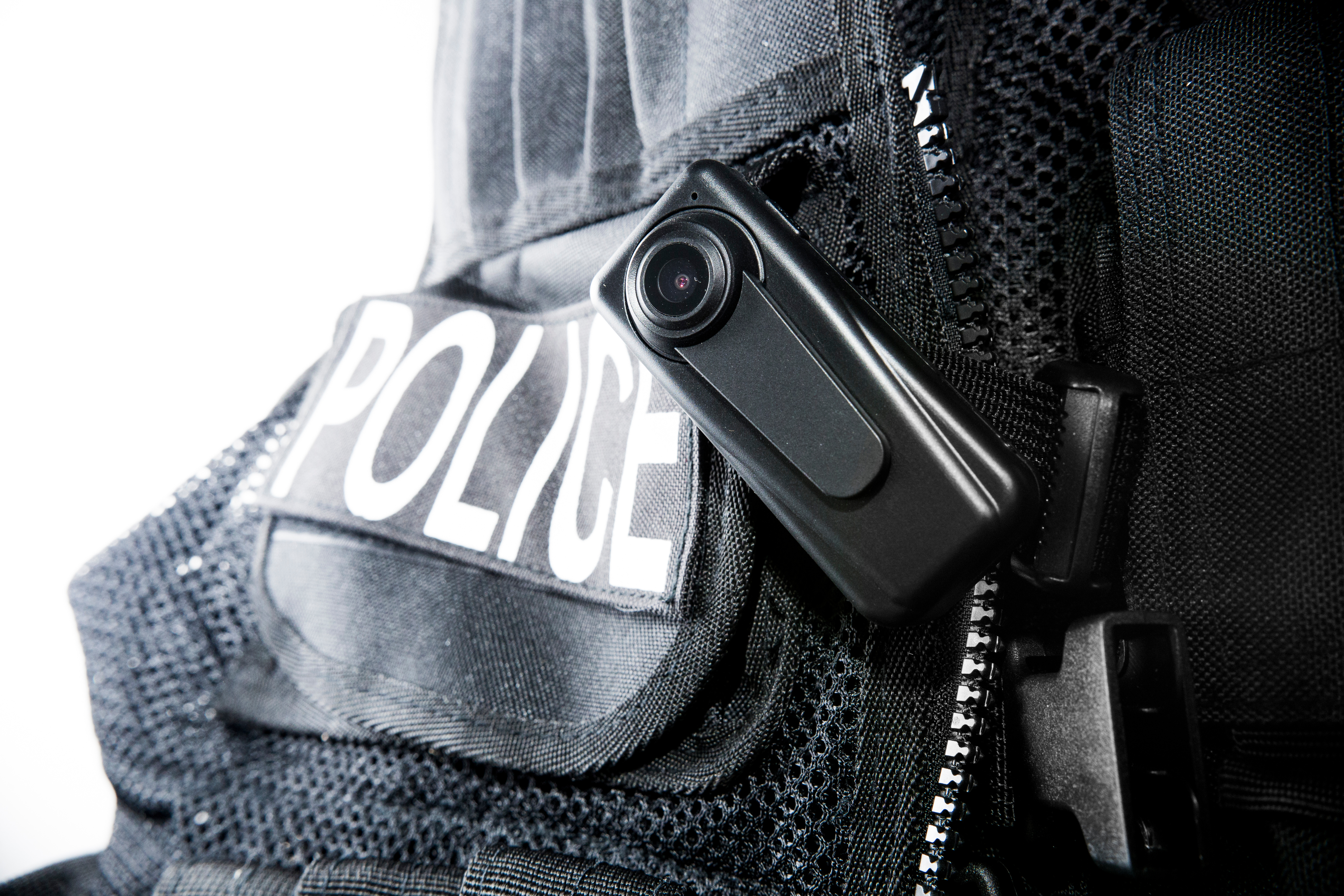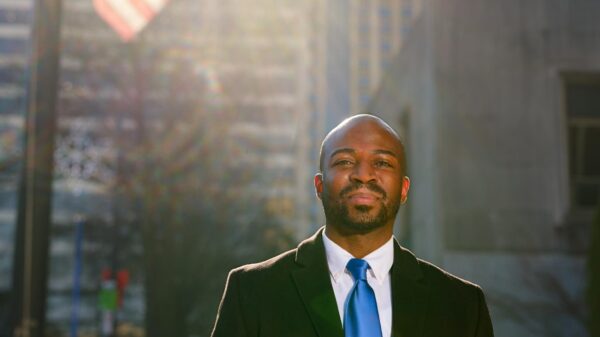A bill clarifying the process for disclosing of body cam and dashcam footage is on its way to the desk of Gov. Kay Ivey.
The Alabama Senate passed the bill 21-8 Thursday with one day remaining in the legislative session.
HB289 by Rep. Juandalynn Givan, D-Birmingham, would establish a process for the subject of a law enforcement recording or a personal representative to submit a written request for such footage.
Once the written request is submitted to the custodial law enforcement agency, they must either disclose the requested recording or notify the requester of the decision not to disclose the recording.
The bill specifies that “a custodial law enforcement agency may choose to not disclose the recording if the disclosure would affect an ongoing active law enforcement investigation or prosecution.”
It does not say that is the only reason why a law enforcement agency can deny disclosure of the recording.
Agencies have often pointed to ongoing investigations as a reason not to disclose body cam or dash cam footage. But even after the investigation has closed, some law enforcement agencies have refused to give up the footage, claiming it is still investigative material despite the closure of the investigation.
Givan said her initial bill two years ago was much broader, and included allowing footage to be released to media. The bill’s latest version allows law enforcement agencies to maintain discretion over whether to release the footage. Media is not included in the exclusive list of recipients.
“I’ve said ‘Let’s try to get something enacted,’” Givan said. “We can go back and tweak as situations shift throughout the country. I’m pleased with the legislation. We have three legislative days left, and prayerfully we can at least get it out this year.”
The law sets up a procedure to release the information, specifically excluding all people besides the subject of the footage and their personal representatives. That would exclude media, and a section preventing making a copy or recording of the footage would prevent media from disseminating the footage that a family receives.




